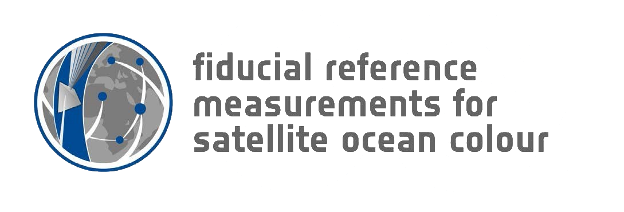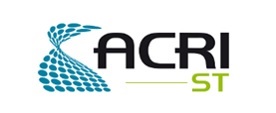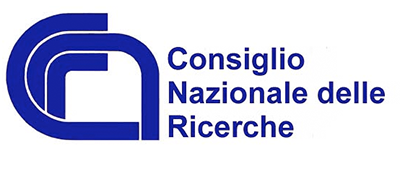The Royal Belgian Institute of Natural Sciences is a Scientific Establishment of the Belgian Federal Government with approximately 400 employees, about half of which are scientific/technical staff.
The RBINS Remote Sensing and Ecosystem Monitoring team is composed of 7 experienced researchers as well as occasional visitors and students. They have expertise in aquatic optics and remote sensing including design of atmospheric correction and water parameter retrieval algorithms, mass processing of satellite data, validation of water reflectance and downstream parameters and exploitation of the satellite data products with end-users. Their activities are carried out within a multi-mission contest including Sentinel-3/OLCI, Sentinel-2, Landsat-8, SEVIRI, CHRIS, Planetscope Doves, Pléiades, etc.
The RBINS team owns and operates a number of optical instruments including 22 TriOS RAMSES radiometers, including 3 automated WATERHYPERNET/PANTHYR systems (currently expanding to 8), 3 CIMEL/SeaPRISM radiometer systems (functioning at the 2 RBINS-run AERONET-OC sites: Zeebrugge and Thornton), 2 OBS501 backscatter meters, 1 Hydroscatt-4 backscatter meter, 2 Hach turbidimeters. They also have access to (but not needed in FRM4SOC phase-2) further instruments such as LISST angular scattering meter, CTD, water filtering equipment and (via colleagues from the RBINS/ECOCHEM Chemistry Laboratory) analysis of phytoplankton pigments by HPLC and suspended particulate matter.
The RBINS team has developed and runs satellite data processing software on mass archives of satellite data from various missions, and has recently ported these activities to a DIAS processing environment.
The RBINS team developed, maintains and extends the ACOLITE software for atmospheric correction of Sentinel-2, Landsat-8 and many other optical missions.
The RBINS team is particularly experienced in above water radiometry at sea.











